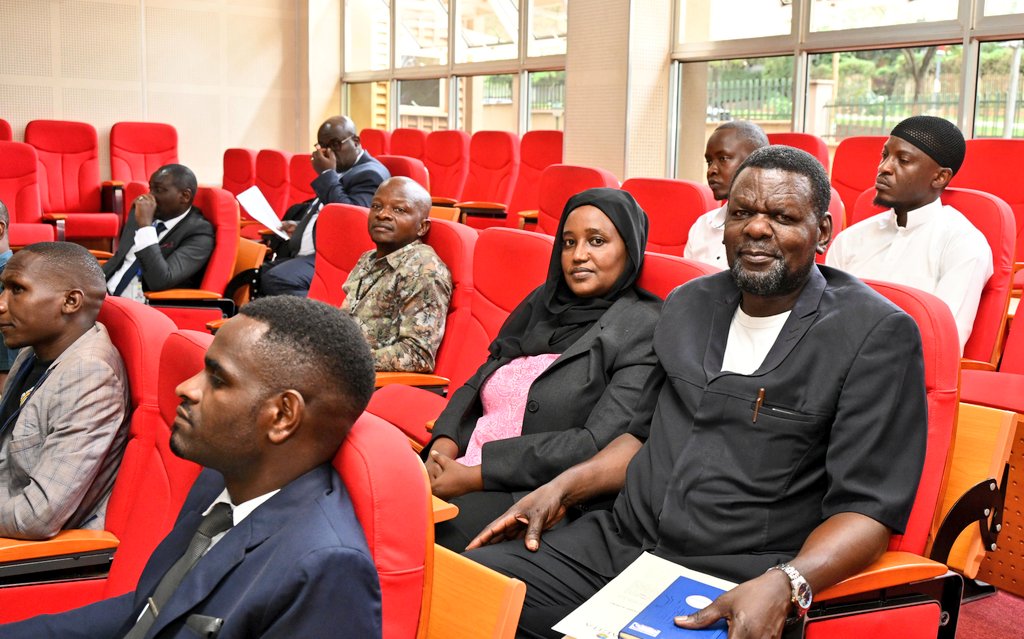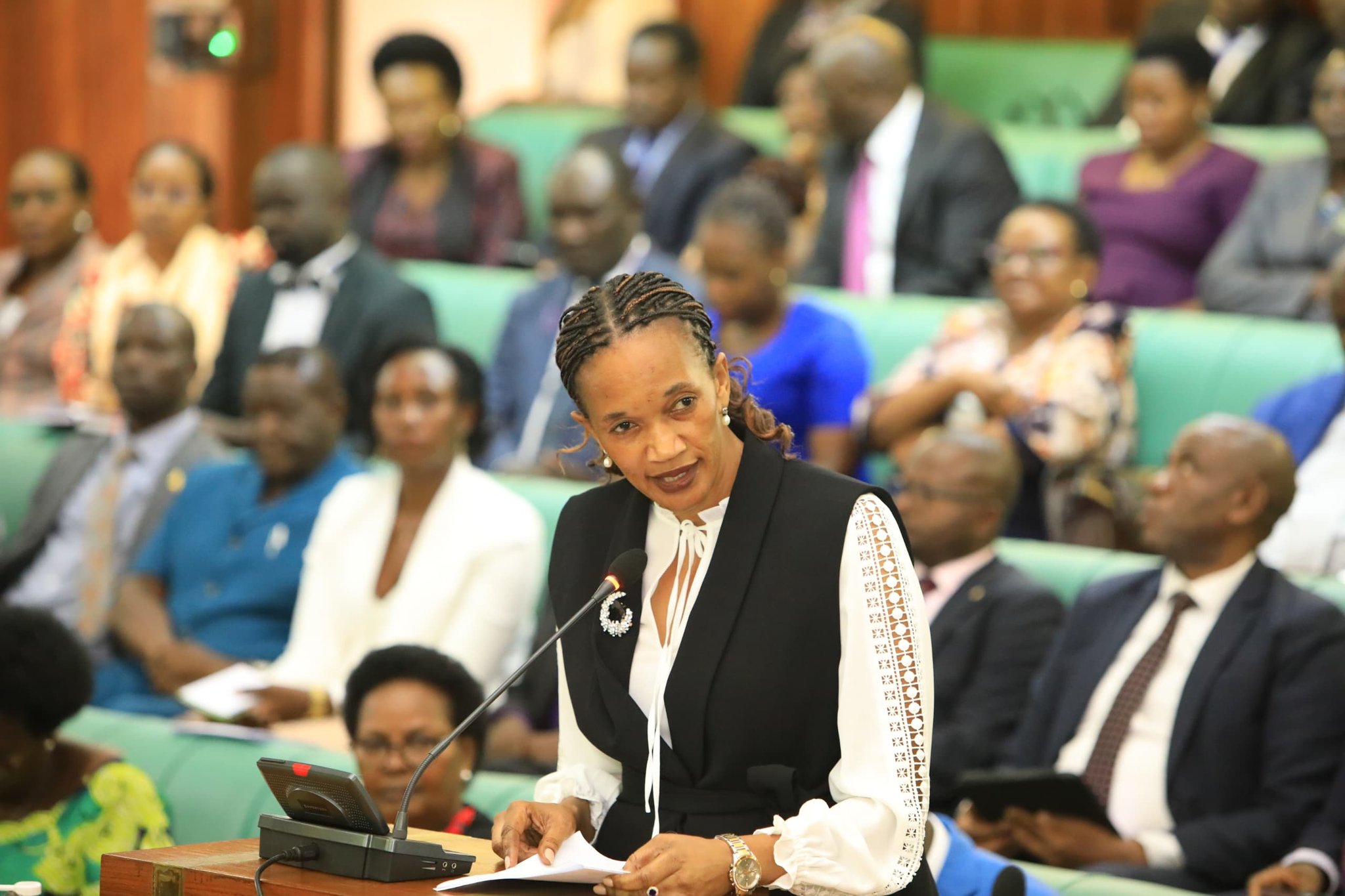Finance Minister Matia Kasaija announced that the Uganda Revenue Authority (URA) would adopt a more considerate approach to enforcement in response to the ongoing strike by traders protesting the implementation of the Electronic Fiscal Receipting and Invoicing System (EFRIS).
Kasaija emphasized the importance of providing traders and taxpayers with sufficient time to familiarize themselves with the system, indicating a government effort to alleviate tensions and facilitate smoother implementation of EFRIS.
EFRIS, developed by URA, is designed to streamline business transactions by enabling the issuance of electronic receipts and invoices in real-time. However, business operations in the central business district have been disrupted since the beginning of the week due to the traders’ strike, reflecting widespread discontentment with the tax system’s enforcement.
During a meeting on April 16, traders’ representatives outlined several grievances to the Minister of Finance and other government officials at the Finance ministry headquarters. Among their demands, traders urged the government to consider raising the VAT threshold from sh150m to sh1b and reducing the VAT rate from 18% to 16%.
Additionally, traders expressed concerns about the challenges posed by EFRIS, including high compliance costs and a lack of understanding among traders about its implications. They highlighted inconsistencies in URA’s valuation methods for imported goods and called for greater certainty and uniformity in tax liabilities.
To address the traders’ concerns, Minister Kasaija announced immediate measures, including the establishment of an EFRIS support office in Kikuubo dedicated to providing assistance to traders and taxpayers. He also urged traders to resume normal business operations while the government conducts internal consultations and engages further with trader leadership.




















